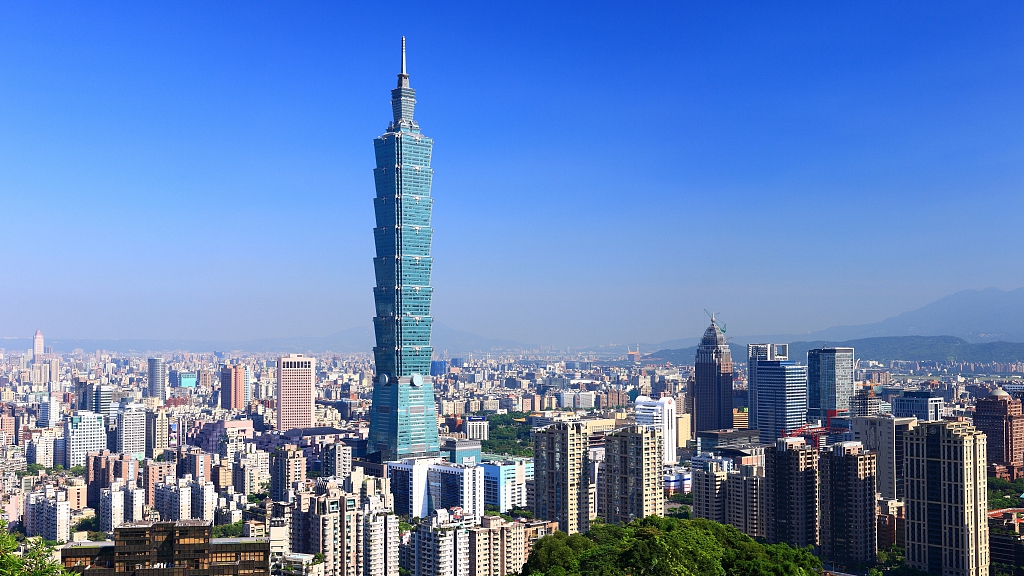Tsai authorities playing 'preelection' blame game trick


The Chinese mainland will suspend tariff reductions on some chemicals from the Taiwan island as the latter's unilateral, discriminatory trade restrictions have violated the economic pact between the two sides.
Starting Jan 1, 2024, 12 items of chemical products from Taiwan, including propylene and para-xylene, will stop enjoying the preferential tax rates stipulated in the Economic Cooperation Framework Agreement, the Customs Tariff Commission of the State Council said in a statement.
The ECFA is a comprehensive cross-Strait economic pact intended to lower commercial barriers.
Calling white black, the island's secessionist-minded authorities on Thursday accused the mainland of "typical economic coercion" after Beijing announced it would end the tariff cuts. And their Western endorsers have naturally criticized the move as Beijing's latest action to put preelection trade pressure on the island, turning a blind eye to the cause of it, which the mainland has made unequivocally clear. The island's elections for the head of its government and local lawmakers are scheduled for Jan 13.
In its statement, the Customs Tariff Commission of the State Council said that as Taiwan's trade measures, such as bans and restrictions on mainland products, have breached the ECFA, and it has thus decided to suspend the tax reductions on the aforementioned products according to the pact. The commission urged the Taiwan authorities to take effective measures to remove their trade restrictions against the mainland.
The causal relations between the island's earlier provocative and irrational trade measures targeting the mainland and the latter's countermeasures are clear to all. The Taiwan authorities know what to do to put the trade relations across the Taiwan Strait back onto the right track for healthy development.
An important reason why the island's Tsai Ing-wen authorities tend to politicize and misrepresent any move of the mainland related to economic and trade cooperation, is so they can portray themselves as a victim of the mainland's "bullying" or "coercion". They are well aware that their collusion with external forces to try and sever the island from its motherland is condemnable. Hence they pour blame on the mainland, when it is they themselves that are to blame, so as to muddy the water and distract the public's attention from the true cause of the trade disputes.
The Tsai authorities strictly follow the United States' call for forming a chip alliance against the mainland, trying their best to restrict the island's high-tech enterprises investing in the mainland, irrespective of the bullying, protectionist and coercive nature of this move, and the harm that does to the common interests of the two sides across the Strait.
It is not the mainland that is trying to apply so-called preelection pressure, but the Tsai authorities themselves who fear they are losing the support of voters in the forthcoming elections.

































